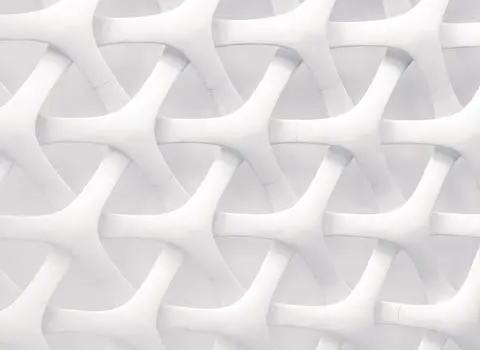news/dbu-deutsche-bundesstiftung-umwelt-production-of-substituted-phenylacetic-acids-by-styrene-degrading-bacteria
Anna Drechsel, Sarah Hofmann, Stefan R. Kaschabek, Michael Schlömann, Dirk Tischler, Michel Oelschlägel
DBU, Deutsche Bundesstiftung Umwelt
Abstract:
A number of soil bacteria is able to metabolize styrene via initial side-chain oxygenation into the central metabolite phenylacetic acid and harbors corresponding genes. This pathway of styrene degradation is of potential biotechnological relevance for the production of especially phenylacetic acids. These aromatic acids are important for various industries. In this study we report on the establishment of a process using native cells of Pseudomonas fluorescens ST for the co-metabolic production of 4-chlorophenylacetic acid. Therefore, cultivation and inducing conditions were optimized and biotransformation strategies were developed to accumulate the product to high concentrations.
Want to know more about this publication? Contact our scientists
Drug Discovery
Taros’ international and multidisciplinary team has more than 180 years of pharmaceutical R&D experience. Collectively as a team, we worked on more than 120 biomolecular…

custom chemical services
Custom Synthesis
We support our customers by providing first kg quantities of fine and specialty chemicals, cost reduction of existing syntheses, streamlining chemical processes considering…

